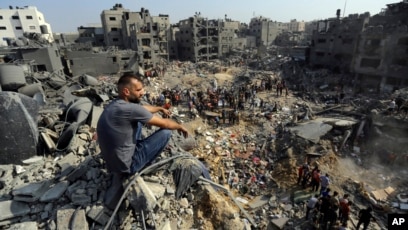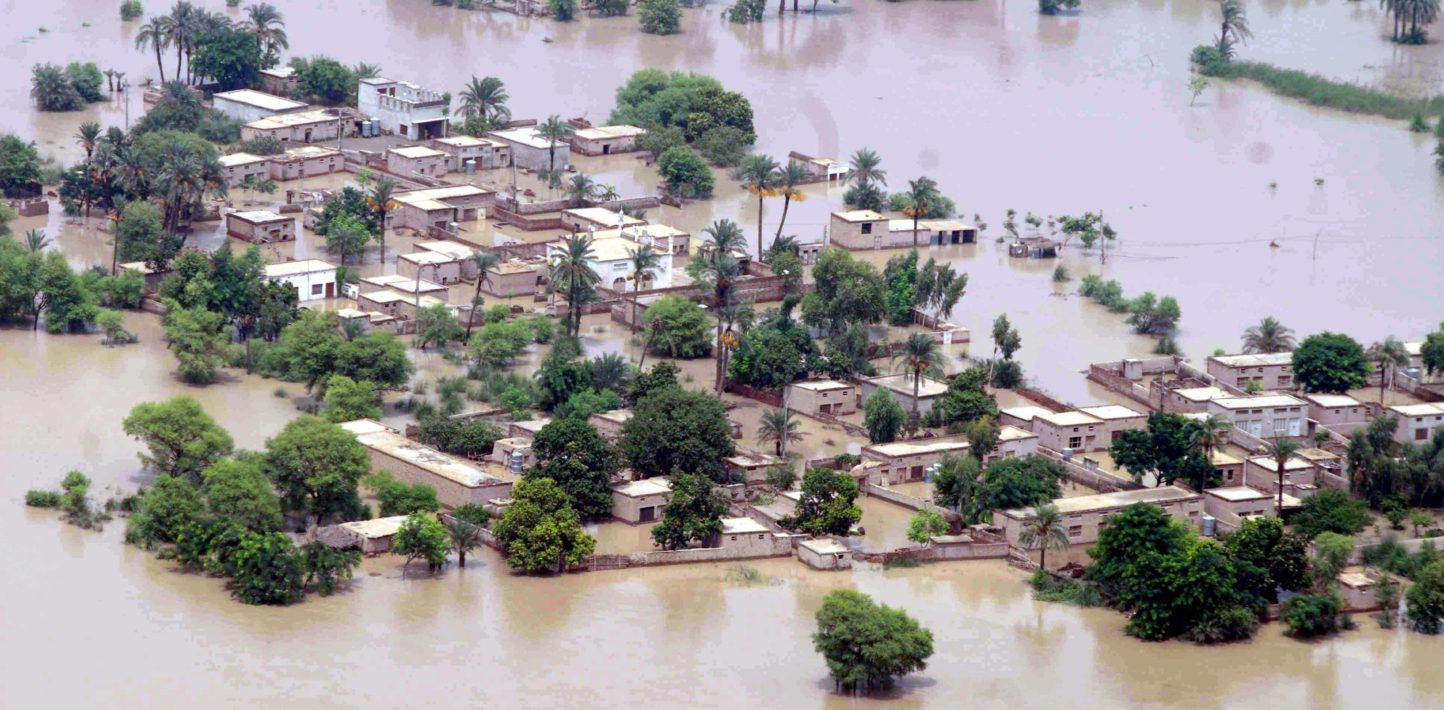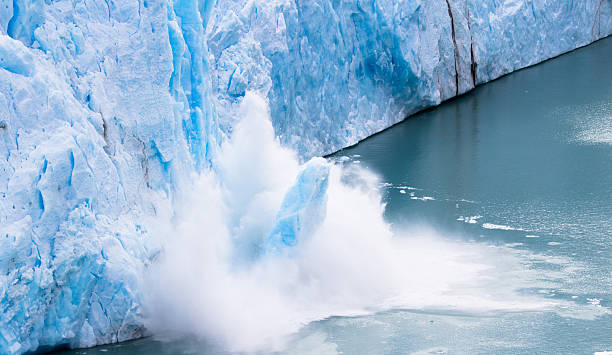Bitcoin as a Political Catalyst: International Perspectives
Introduced in 2009, Bitcoin surfaced as a decentralized digital currency founded on blockchain technology. Crafted by the pseudonymous figure Satoshi Nakamoto, Bitcoin aimed to create a peer-to-peer electronic cash system free from reliance on traditional financial institutions. Initially regarded as a peripheral development, Bitcoin has evolved into a geopolitical force, challenging established norms in financial and political realms. Its ability to challenge centralized control has garnered worldwide attention, and its significance in international politics transcends mere financial considerations. Nations and individuals increasingly leverage Bitcoin’s attributes to assert economic sovereignty, navigate regulatory intricacies, and confront challenges in conflict zones. For further exploration into the evolving landscape of cryptocurrency development, visit our site.
Bitcoin’s Role in Economic Sovereignty
Case Studies: Nations Embracing Bitcoin for Economic Autonomy
Countries like El Salvador and Venezuela have embraced Bitcoin, viewing it as a means to reduce dependence on traditional financial systems, asserting economic autonomy, and fostering financial inclusion.
Analyzing Bitcoin as a Hedge Against Economic Sanctions
Bitcoin is a potential hedge against economic sanctions, allowing nations to bypass restrictions and access global markets without relying on conventional banking channels.
Implications of Bitcoin Adoption on Traditional Financial Systems
The increasing embrace of Bitcoin raises challenges for traditional financial systems, spurring discussions on the necessity for adaptation and creative responses in the presence of this decentralized disruptor.
Government Regulations and Global Impact
Varied Approaches: How Different Countries Regulate Bitcoin
Governments worldwide approach Bitcoin regulation diversely, from outright bans to embracing it as a legitimate financial instrument. This diversity raises questions about the role of governments in controlling decentralized currencies.
Challenges and Opportunities for Governments in Regulating Bitcoin

Governments face the dual challenge of curbing illicit activities associated with Bitcoin while acknowledging its potential benefits. Striking this balance requires careful consideration and international collaboration.
International Cooperation and Discord in Bitcoin Regulation
The lack of standardized global regulation for Bitcoin has led to both cooperative efforts and discord among nations. Achieving consensus on regulatory frameworks remains an ongoing struggle.
Bitcoin and Financial Inclusion
Bitcoin as a Catalyst for Financial Inclusion in Developing Nations
In regions with limited access to traditional banking, Bitcoin offers an alternative, allowing the unbanked to participate in the global economy and access financial services.
Challenges and Criticisms of Bitcoin’s Role in Financial Inclusion
Critics argue that Bitcoin’s volatility and technical barriers may hinder its role in promoting financial inclusion, raising important questions about the practicality of its application in underserved regions.
The Intersection of Bitcoin and Micropayments for Global Accessibility
Bitcoin’s divisibility and efficiency in micropayments present opportunities to redefine how transactions occur globally, particularly in areas lacking traditional banking infrastructure.
Bitcoin in Geopolitical Conflicts
Bitcoin’s Use in Evading Financial Sanctions
The decentralized nature of Bitcoin makes it appealing in conflict zones, where it can be used to bypass financial sanctions and facilitate cross-border transactions.
The Role of Bitcoin in Conflict Zones and Political Instability
Bitcoin’s role in conflict zones raises ethical questions about its potential contribution to funding activities perpetuating political instability and violence, demanding a nuanced assessment of its impact.
Addressing Concerns: Balancing Individual Empowerment and National Security
The tension between individual empowerment through Bitcoin and national security concerns requires policymakers to carefully evaluate the trade-offs and seek solutions that strike a delicate balance.
Global Perspectives on Central Bank Digital Currencies (CBDCs) vs. Bitcoin
Comparative Analysis: CBDCs and Bitcoin
Comparing central bank digital currencies (CBDCs) with Bitcoin reveals distinct approaches to digital currencies, with CBDCs representing centralized control and Bitcoin championing decentralization.
Government Responses to the Rise of Bitcoin in the CBDC Era
Governments face the challenge of responding to Bitcoin’s rise while concurrently developing their CBDCs, prompting a reevaluation of monetary policy and financial infrastructure.
Potential Collaborations between Governments and the Bitcoin Ecosystem
Exploring collaborations between governments and the Bitcoin ecosystem may lead to creative solutions that leverage the advantages of both decentralized currencies and centralized financial systems.
Future Trends and Considerations
Emerging Technologies and Their Impact on Bitcoin’s Political Relevance
The evolution of blockchain and other emerging technologies could influence the trajectory of Bitcoin, shaping its future role in global politics.
Societal Attitudes Toward Bitcoin and Political Influence
Understanding societal attitudes toward Bitcoin is crucial in predicting its future political influence. Public perception, coupled with regulatory developments, will significantly impact its trajectory.
Predictions and Speculations: What the Future Holds for Bitcoin on the Global Stage
Predicting Bitcoin’s future in international politics involves considering evolving technologies, geopolitical dynamics, and societal shifts. While uncertainties persist, Bitcoin’s trajectory continues to capture global attention.
Conclusion
In conclusion, a synthesis of the key findings underscores the nuanced impact of Bitcoin on diverse aspects of international relations, spanning economic autonomy, regulatory paradigms, financial inclusivity, and geopolitical tensions. The dynamic evolution of Bitcoin, transitioning from a pioneering digital currency to a formidable player in global politics, reflects its ongoing adaptability. This evolution necessitates thoughtful considerations by policymakers, businesses, and individuals, who must navigate the changing landscape of Bitcoin’s political influence amid profound shifts in both financial and technological spheres. As Bitcoin continues to shape the geopolitical arena, stakeholders are urged to approach this decentralized force with an understanding of its multifaceted implications on a global scale.

























